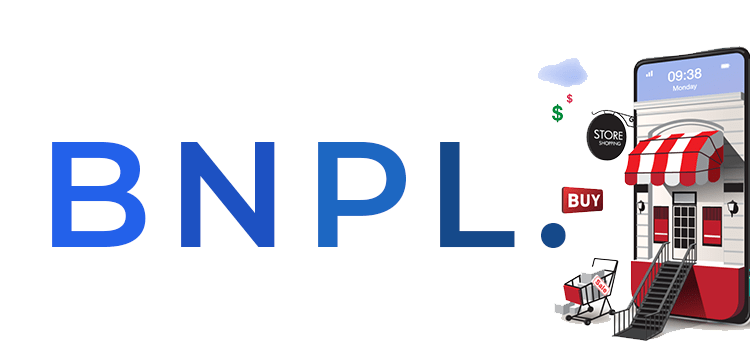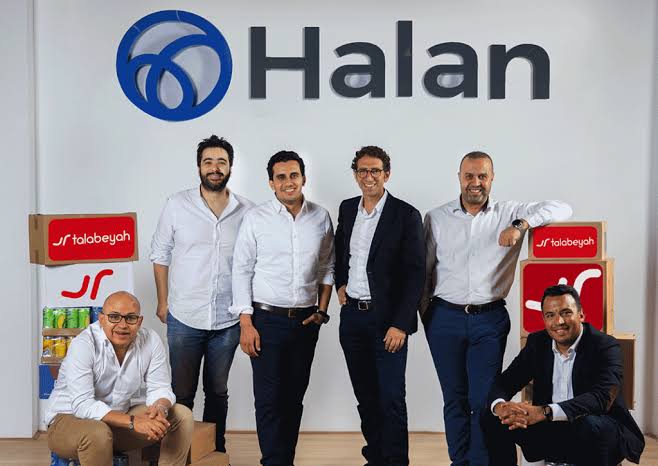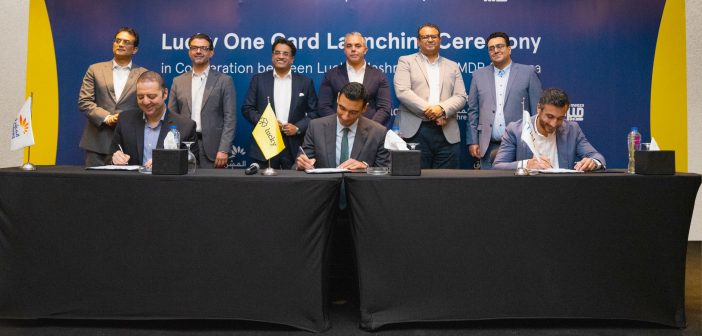Can Nigerian fintech startups rely on the buy now pay later business model?

Fintech platforms are increasingly looking for new ways to serve their clients, one of which underlines the motivation for the BNPL (Buy Now Pay Later) model that many have begun to use.
This unique credit offering model has grown in popularity in recent years, owing to the rapid gratification and delayed payment that it offers to a rising number of creditors.
The services actually do precisely what they claim to do, as BNPL customers often take out short-term loans to pay for their purchases and then agree to a repayment schedule.
In Nigeria, these services have seen people take out purchase commitments for mobile phones, for example, with these credit arrangements now extending to a handful of household products.
The growing public outcry over the heinous practices of the country’s credit-offering platforms has surely focused attention on the BNPL fintechs and their business model.
The growing popularity of the services has also raised concerns about how much debt these BNPL businesses are allowing individuals to incur and how quickly they are doing so.
What are BNPLs?
BNPL credit models have been around for a long time in Nigeria, but they are just now being formally acknowledged by fintech credit lending businesses.
BNPLs are low-interest, short-term loans with monthly payments. They use models similar to those used by corporations to provide gadgets and domestic things to employees with the goal of recovering the amounts in bits over a set time period.

Consider it similar to paying for a dishwasher in installments, except instead of holding it until the entire sum is paid, users take it and pay later.
The sole difference between BNPL and other types of credit purchasing is that BNPL does not charge interest on late payments.
BNPL lenders, on the other hand, determine customers’ credit scores by matching their monthly income to monthly spending, providing a plain, simple-to-understand, and practical approach to repayment options. It’s also a low-cost way for consumers to acquire assets.
Previously used business model
The trend of BNPLs has been present in the country for a few years, but it is gradually becoming more acknowledged as credit financing platforms hunt for sustainable business models.
The fintech platform mobile finance solutions, which provided ease of acquisitions as far back as 2019, was an established BNPL concept that many people are particularly familiar with.
The BNPL payment business in Nigeria has risen quickly over the past four quarters of 2021, owing to increased eCommerce penetration as well as the economic crisis caused by the COVID-19 epidemic.
According to the Q2 2021 BNPL Survey, BNPL payments in the country are expected to rise by 67.4% per year, reaching US $341.9 million in 2021.
According to the reports, the use of BNPL payments is expected to rise dramatically as Nigeria’s BNPL business expands in the medium to long term.
The country’s BNPL Gross Merchandise Value in 2028 will have increased from US $204.3 million in 2020 to US $1741.1 million, with a predicted CAGR of 26.2 percent between 2021 and 2028.
What services does BPNL provide?
Because banks have been slow to respond, or just uninterested in point-of-sale financing, fintechs have essentially captured all of the value.
So far, this credit financing model has offered value to all stakeholders; the BNPL company, the merchant, and the client, as the case may be.
It is still the consumer’s responsibility to make timely payments on any loan in order to keep a healthy credit score, but BNPL provides a convenient way for people to acquire asset ownership.
In most circumstances, individuals can readily acquire BNPL financing for a N100,000 dishwasher rather than making a one-time payment.
Easybuy, Credpal, CDCareNG, Altmall, CreditClan, and Carbon Zero are examples of BNPL merchants in Nigeria that have developed unique financing strategies for Nigerians.
Are BNPL’s landmines ready to detonate?
Unlike traditional financial institutions, a lack of oversight by both parties (merchants and clients) has raised questions about whether the loans are safe or the beginning of a wider financial crisis.

The conversations also include how successful these platforms may be in the Nigerian market. Aside from the multiple advantages of offering credit to customers, are these credit models a viable fintech business model or a doomsday scenario?
In Nigeria, where citizens have limited access to loans from conventional financial organizations, the simplicity of obtaining and repaying credit options is critical.
However, Nigerians are prone to loan default, a single contradicting issue that most fintech credit giving organizations must constantly contend with.
This concept, while new, is prone to stumbling as per capita income stays low. This may have made lending more appealing, but it will also put a load on debt collection.
There have also been reports of persons obtaining loans of any kind for third parties with poor credit ratings, putting a strain on the systems and causing payback problems.
In Nigeria, where people have limited access to traditional financial institutions, the ease of acquiring and repaying loans is crucial.
Nigerians, on the other hand, are prone to loan repayment defaults, a problem that most fintech credit-offering firms face on a regular basis.
Although novel, this technique is vulnerable to setbacks as long as per capita income remains low. This may have made lending more tempting, but it will make debt collection more difficult.
There have also been reports of persons acquiring loans of any kind for third parties with bad credit, putting a strain on the systems and resulting in repayment conflicts.
Obviously, BNPL isn’t just handing out free money. Participating businesses pay a nominal fee to BNPL services in exchange for more revenue, but the terms and disclosures to consumers are unclear.
For Nigerian clients, the price difference between the actual selling price and that quoted by the BNPL merchant is critical.
Desoye, who previously utilized BNPL credit financing to acquire a Samsung smartphone, told Technext.ng that he was charged 185,000 instead of the typical selling pricing of between 160,000 and 165,000 naira.
At the same time, the risk of default is a top issue for retailers, as Nigerian clients have a history of defaulting regardless of the credit agreement.
Despite the fact that BNPL is touted as an interest-free alternative to credit card payments, government authorities and consumer protection organizations have highlighted concerns that it may encourage overspending and reduce client risks.
This model’s ease of asset acquisition may invariably lead to impulse spending, especially among those with a poor level of financial prudence.
In one case, the customer who spoke with us reported that he was enticed to buy a similar smartphone for his spouse after finishing the first payments, despite the fact that he could have avoided such charges. However, the device’s relative ease of acquisition was too much of a draw to resist.
The battle to accumulate the possibilities in BNPL finance, as in every other country, is going on, with a projection that the BNPL Industry will rack up $680 billion in transaction volume worldwide in 2025.
This financing approach will continue to appeal to the millions of people who are turning to digital fundraising as a result of the economic ramifications of the coronavirus pandemic for a long time.
Firms may be able to outcompete their competitors and attain market dominance. Customers’ needs, on the other hand, will rise in lockstep with the expansion of ecommerce, and BNPL now offers more credit financing choices.







